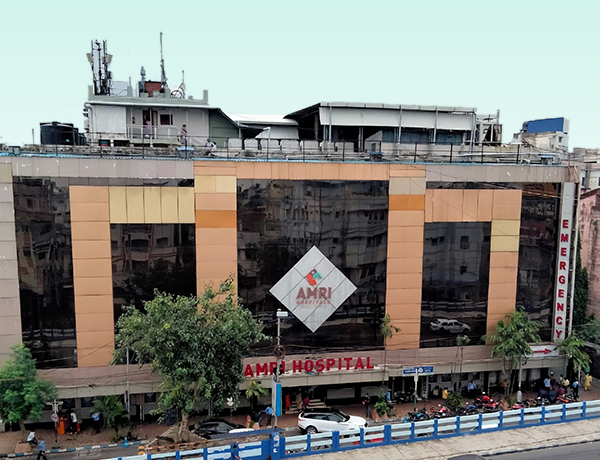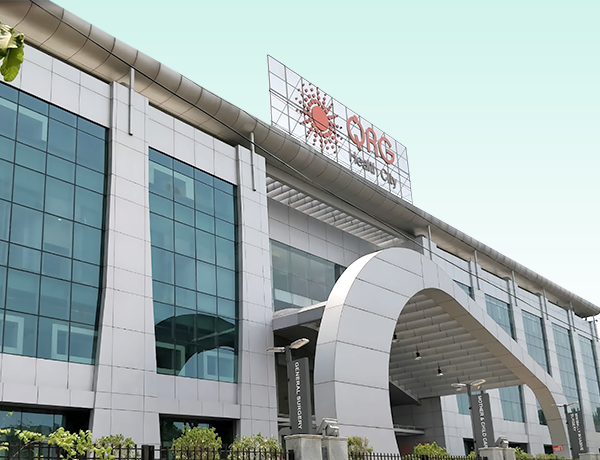Radiology
Radiology is a medical specialty that employs various imaging techniques to visualize the internal structures of the body. These non-invasive methods provide valuable insights for diagnosing and treating medical conditions. Radiologists, who are specialized physicians, interpret these images to help healthcare providers make informed decisions about patient care.

Who Needs Radiology
Radiology is used for a wide range of purposes and is essential for individuals with:
Diagnostic Needs: Patients who require accurate and detailed imaging to diagnose conditions such as fractures, infections, tumors, and internal injuries.
Disease Monitoring: People undergoing treatment for chronic conditions or diseases that require regular imaging to monitor progress and assess treatment effectiveness.
Screening: Individuals at risk for certain diseases may undergo screenings, such as mammography for breast cancer or CT scans for lung cancer in high-risk populations.
Preoperative Planning: Surgeons rely on radiological images to plan and guide surgical procedures, ensuring precision and minimizing risks.
When to See a Specialist
Your primary care physician or a specialist may refer you to a radiologist if you need imaging to aid in diagnosing or monitoring a medical condition. Radiologists are trained to interpret various types of images and provide detailed reports to guide your healthcare.
Procedure
Referral: Your healthcare provider recommends a specific imaging test based on your symptoms, medical history, and the information they need.
Scheduling: Once the test is prescribed, you’ll schedule an appointment with a radiology department or facility.
Preparation: Depending on the type of test, you might need to follow certain instructions, such as fasting before a scan or wearing specific clothing.
Imaging: During the procedure, you’ll be positioned on an imaging table, and the radiologic technologist will operate the equipment to capture images.
Data Interpretation: Radiologists analyze the images, looking for abnormalities or specific findings related to your condition.
Reporting: Radiologists generate detailed reports that are sent to your referring healthcare provider. They will discuss the results with you and recommend any necessary next steps.
Road to Recovery
Radiology procedures are generally non-invasive and do not require specific recovery steps. After the imaging, you can usually resume your normal activities.
Risk Management
Radiology procedures are considered safe and generally carry minimal risks. However, some imaging methods involve exposure to ionizing radiation. Radiologists carefully assess the benefits and risks of each procedure, ensuring that the benefits outweigh any potential risks.
Benefits of Radiology
Accurate Diagnosis: Radiology offers detailed and precise images that aid in accurate diagnosis and treatment planning.
Non-Invasive: Many radiology techniques are non-invasive, reducing the need for surgical procedures.
Early Detection: Radiology plays a crucial role in early disease detection, enabling timely interventions and improved outcomes.
Frequently Asked Questions
Is radiation used in all radiology procedures?
No, not all radiology procedures involve radiation. Techniques like ultrasound and MRI do not use ionizing radiation.
Are radiology procedures painful?
Most radiology procedures are painless. You might experience minor discomfort due to positioning or the need to hold still during the imaging.
Can pregnant women undergo radiology procedures?
Some imaging methods may be safe during pregnancy, but precautions are taken to minimize fetal exposure to radiation. Your healthcare provider will guide you based on your specific situation.
How long does it take to receive the results of a radiology test?
Results are typically available within a few days after the test, but the timing may vary based on the complexity of the procedure and the radiologist’s workload.
Can children undergo radiology procedures?
Yes, radiology procedures are adapted for children, and specialized pediatric radiologists ensure their safety and comfort.
Treatment Plans
- Trauma & intensive care $59
- Aged Care $29
- Community Services $25
- Diagnosis & Investigation $48
- Medical & Surgical $82
- Mental Health $74
- Rehabitation $24
- Specialised Support Service $19
- Trauma & intensive care $59
- Aged Care $29
- Community Services $25
- Diagnosis & Investigation $48
- Medical & Surgical $82
- Mental Health $74
- Rehabitation $24
- Specialised Support Service $19
Treatians As The Best Choice
Treatians understand that seeking medical treatment abroad can be a daunting experience for patients and their families. That’s why the company offers end-to-end support to its clients, from the initial consultation to post-treatment care. The company provides personalized treatment plans that are tailored to meet the individual needs of each patient, and its team of dedicated professionals is always on hand to provide guidance and support throughout the entire process. Contact us at +91-7982312582, drop your email [email protected]
- Trauma & intensive care
- Aged Care
- Community Services
- Diagnosis & Investigation
- Medical & Surgical
- Mental Health
- Rehabitation
- Specialised Support Service




























